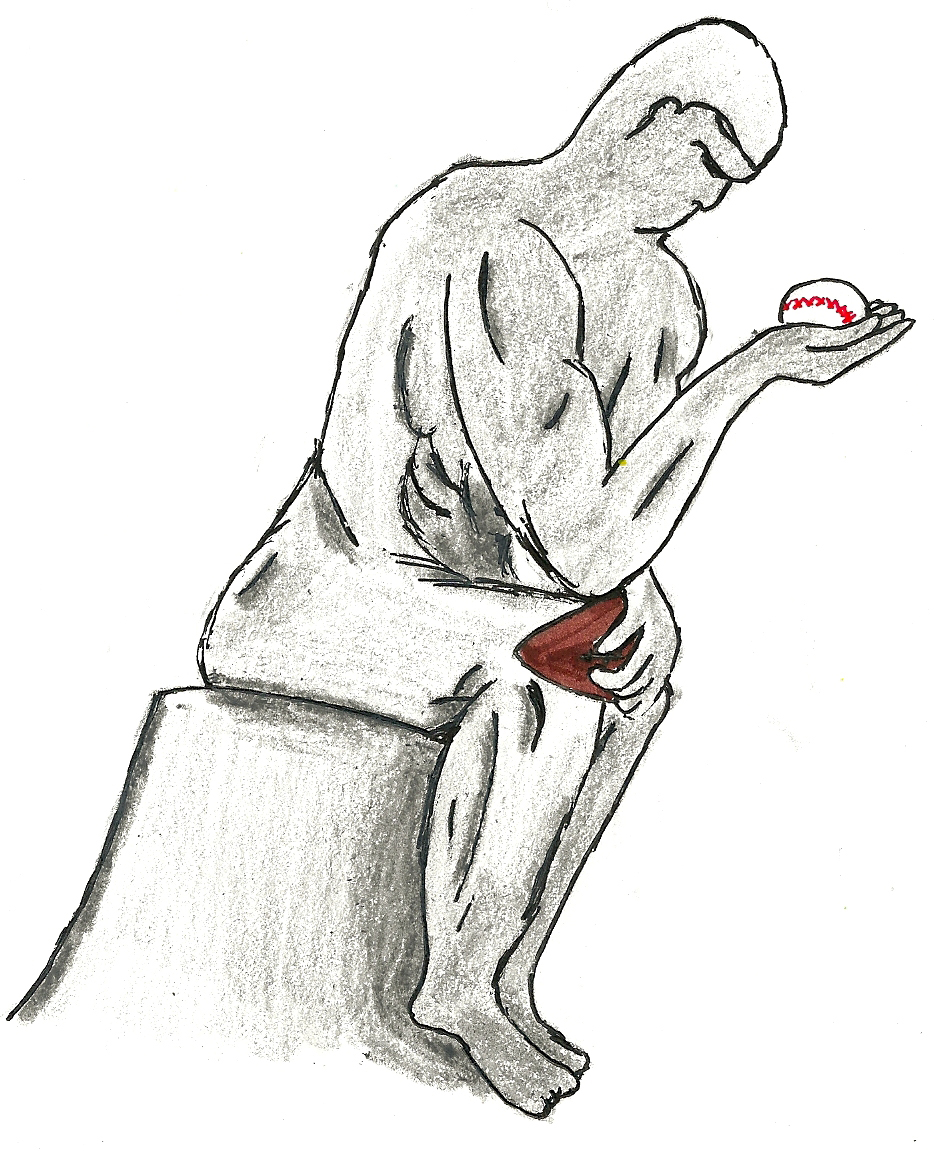Clarification: The original version of this column was unclear. All of the 2010 FIFA World Cup games had a total cumulative television audience of 26 billion.
My friends, we are on a pretty good streak.
Coming from a 48-12 loss to Arizona (give up on the “you call that a game” joke; trust me, it’s been done), Bruin football bounced right back with two consecutive wins. Less than two weeks ago, we had that ecstatic victory, where we handed Cal a 31-14 loss. And just this Saturday, we defeated Arizona State, boosting us to share the top spot of the Pac-12 South with Arizona State.
And to think I chose to skip on that Den pass this year.
Going even further back, to think I almost turned down UCLA because it was such a “sports school.”
This column is directed at that person who just doesn’t care for sports, who can’t be bothered or who, out of principle, simply exempts himself from the rabble’s pastime.
I think it’s time for us to let go of the snobbery and embrace one of the most amazing and uniquely modern experiences anyone can have.
Sport is one of our central cultural expressions.
It is the cultural form to which everyone has access, and of which every person can rise to scholarly knowledge.
Your average serious basketball fan can probably reel off the starting lineup of all the top NBA teams and discuss the strengths and weaknesses of each one, citing with Talmudic accuracy game scores, player statistics and larger team trends going back for years.
And there is no solidaristic community quite like that of a sports team’s devoted fan base. Psychologists from the University of Kansas have suggested that “sports team identification replaces more traditional family and community-based attachments to the larger social structure,” correlating the decline of these older institutions with the rise of sports viewing.
We find in sports many of the things we look for in activities that are traditionally more exalted.
The communal experience of theater-going or Sunday service is child’s play compared to that of the sports stadium.
The creativity of poetic invention is comparable to the playbook-transcending maneuvers of a practiced sports team.
The suspense of the fine-tuned narrative turn finds a similar host in the late-game comeback (think Kobe’s dazzling fourth-quarter trances).
The ecstatic virtuosity of the master pianist at the brink of a trill is comparable to the top athlete at the peak of his or her powers.
Of course, the snob will readily claim that the quality of feeling and involvement produced is necessarily less in sport than in the arts, but that is neither here nor there. These are extrapolations for which I can find no better justification than dogma.
What I had always thought of as a rather wretched waste of time, it turns out, is actually an incredibly complete experience.
And consider the scale, which literary critic George Steiner has a very beautiful way of dramatizing:
At Golgotha, there were perhaps 10 people.
At the first production of Hamlet, there were 110.
At the premiere of Beethoven’s Missa Solemnis, there were 140.
At the 1986 World Cup, when Maradona sped toward the goalpost, two billion human hearts began racing, forming what he calls a “planetary emotion.”
That two billion is thoroughly dwarfed by the most recent World Cup numbers. All of the World Cup games had a total cumulative television audience of 26 billion.
At a more modest scale, this year’s NFL Super Bowl broke the record for most watched American television program of all time with an estimated 111 million viewers on Fox.
What can be called “the kitsch mythologies of sport” are now among our most powerful cultural narratives.
Germaine Greer is right when she says sport is the legitimate cultural expression ““ no institution like it can command comparable sums of money, demand the devotion of whole continents and harness to the ebb and flow of its games, at the same exact second, emotions that cover the globe.
It has come to my attention that UCLA has a pretty pitiful record as far as attendance in football games is concerned. We all have things to do, but you are definitely missing out if you go all four years as a Bruin without losing yourself in the frenzy of a major UCLA football game, screaming the eight-clap in a crowd thousands-strong.
What my argument amounts to is that sports is a singular experience, with all the elevation of art and the democracy of the urban street. If you “don’t like” even a single sport, you need to take a minute to ask why ““ it may be you are just a stuck-up, pompous elitist.
So for any holdouts, any snobs that look with contempt at the hooliganism that accompanies such a plebeian mass diversion, I invite you to give it a try. After all, the whole world can’t be wrong.
Email Dolom at rdolom@media.ucla.edu. Send general comments to opinion@media.ucla.edu.
